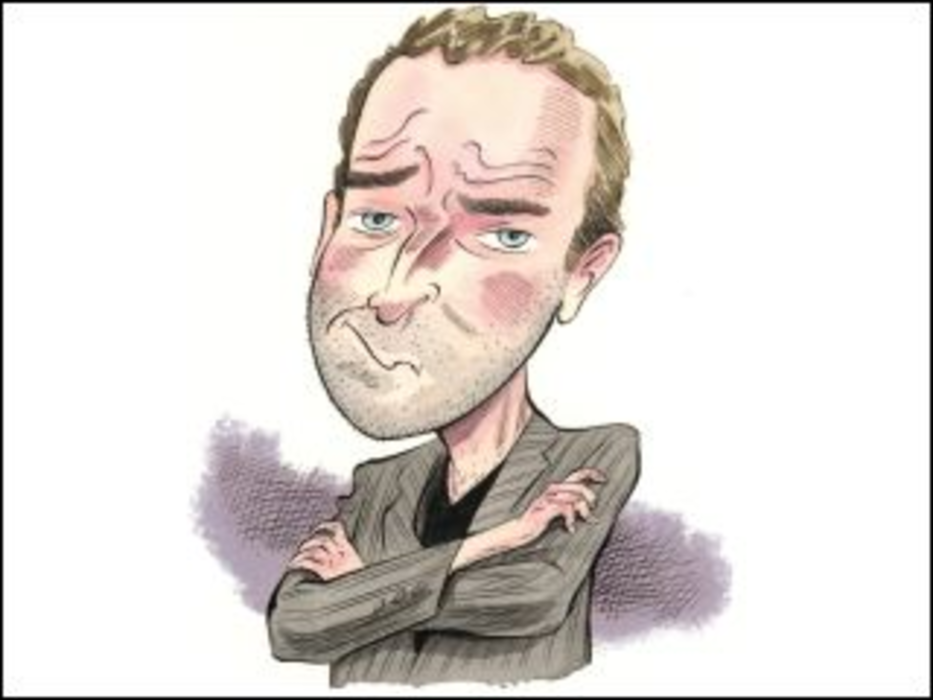Working my way through the alphabet on Google to find out how many different terms there are for digital transactions, I typed in “r-commerce.” Google’s response: “Did you mean: commerce?”
Well, yes. Yes, I did. Or, more simply, shopping. The exchange of cash or credit for merchandise. You know, shopping.
Other than platform, what is the difference between e-commerce, m-commerce, f-commerce (Facebook, if you were wondering), s-commerce (social) and street-level shopping, anyway? The consumer sure as heck doesn’t draw the distinctions that we in business seem obsessed with defining. They see something and they want to buy. Then they buy it.
As Bank of America noted in a recent TV spot, whether you use an ATM, an iPad app or the teller’s window is a matter of personal preference. Each one serves the same purpose — that of giving you the tools to manage your account.
Which brings us to the issue of “bizspeak,” that strange language corporations use to obscure what it is they actually do from consumers, investors and sometimes even themselves.
While not a new issue in business, it’s a more prominent one in the digital age. I’ll go so far as to toss out a controversial theory. For some people with digital-specific titles and responsibilities, indecipherable jargon can be a way to protect fiefdoms by scaring away execs who didn’t grow up as native speakers of “digitalese.”
Bizspeak is also a way to keep from committing to one path in a constantly changing marketplace. I recently asked a visitor what his company was up to, and was treated to a meandering answer that went something like this: “We leverage existing paradigms to develop aligned solutions that maximize the effectiveness of an enterprise’s endeavors.”
Whoa there, Sparky. Take a step back. New way to frame the question: On a typical day, after arriving at the office in the morning, saying hello to the receptionist, grabbing a cup of weak coffee, high-fiving a colleague, sitting down at your desk and firing up the computer … what do you do?
The digital world is brimming with buzzwords: semantic targeting, microblogging, protocols, m-wallet, gamification — and the list goes on. Some are the necessary lingua franca of a new business age. Others seem intentionally designed to obfuscate.
Here’s the good news: If you’re not an engineer, you don’t need to know what most of those words mean. The best advice for those intimidated by the complexity of the digital space is, don’t focus on understanding the technology, only on what it enables. News flash: There’s not a single person who creates, schedules, buys or sells 30-second commercials who can break down how a signal is delivered to your TV box and then displayed as video.
Back in 2003, Randall Rothenberg wrote an op-ed piece for The New York Times in defense of bizspeak. As part of that, he touched on a role for corporate language that still resonates at companies that maintain a wall between the digital department and everything else.
“Although convention would assume that all people in all divisions and departments are pursuing the same objectives, rarely is that the case,” Rothenberg wrote, citing battles over limited budgets and competing interests. “Words are tools of negotiation.”
Today, Randy is head of the Interactive Advertising Bureau, so I asked how he felt about the prevalence of bizspeak in digital. “People use jargon to create and maintain communities,” he said. “It represents a community talking to itself and trying to negotiate a place for itself.” Such language isn’t “cognizant of the consumer,” Randy admits, and doesn’t need to be.
In other words, the m-wallets can stay within the walls of the tech industry. And shoppers can just be shoppers.
Miss Scott’s column last month about brand storytelling? Check it out.







